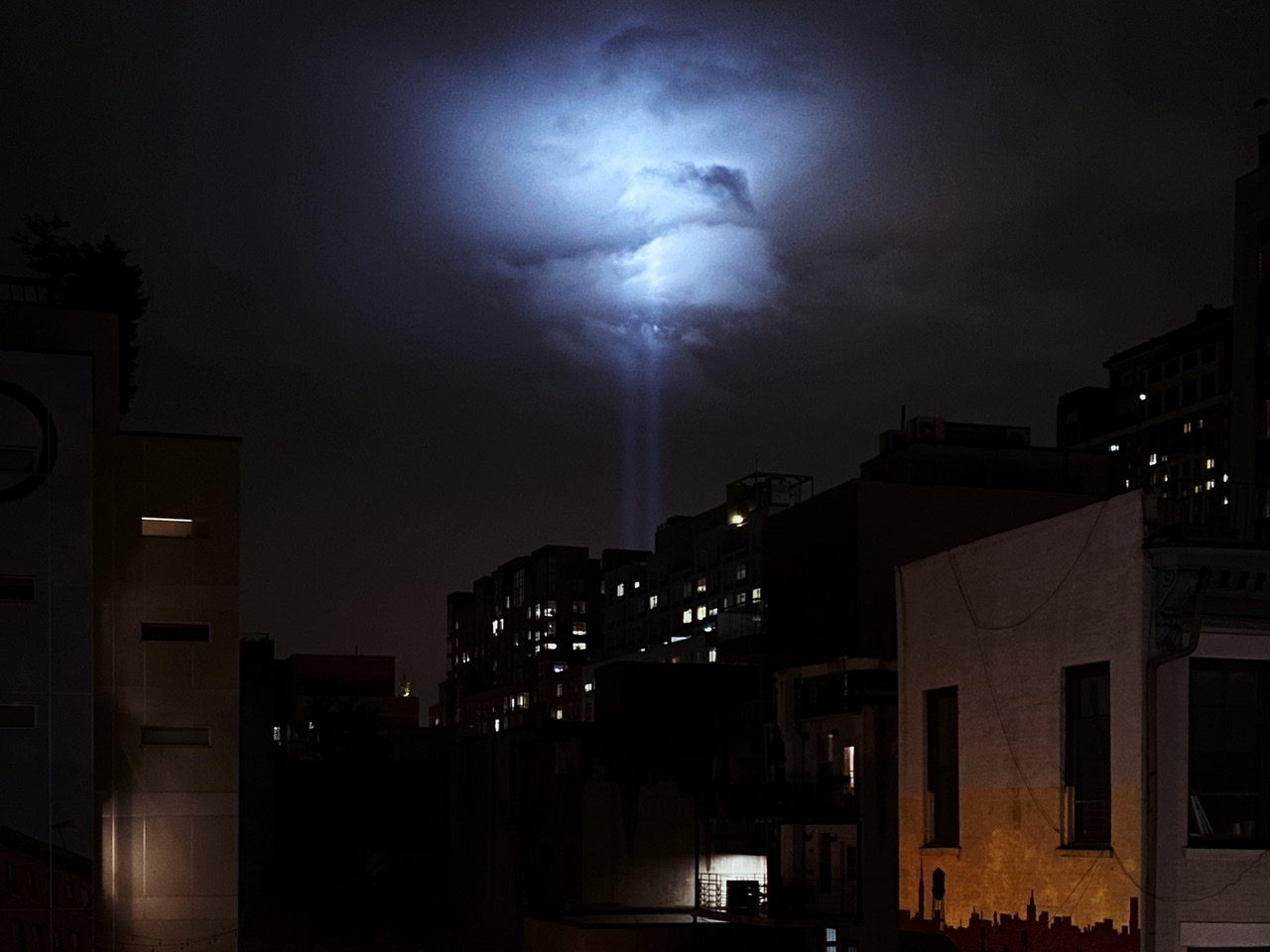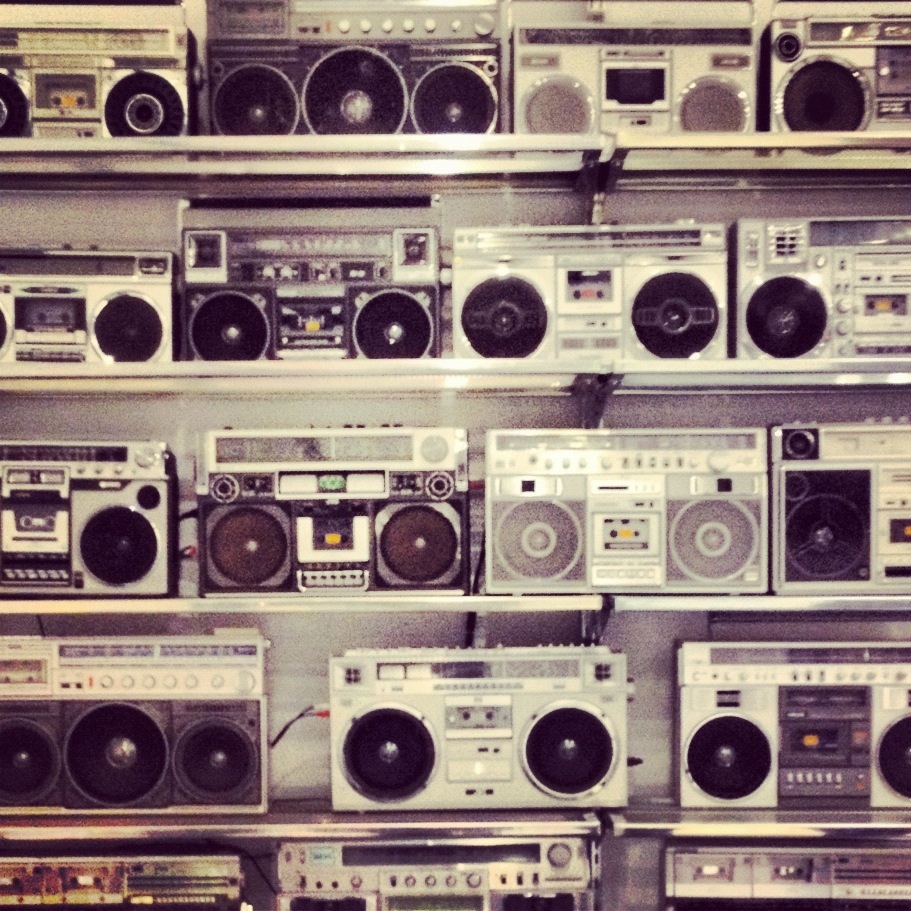Stanley Crouch
Stanley Crouch died a few days ago. He was a good man.
When I remember my barista years, Stanley is the first person who comes to mind. How could he not? He was the most regular of regulars. His home was a few doors down from the café, and he'd stroll in nearly every day. Some days twice or more. He'd enter slowly, taking note of which neighbors were inside (he knew everyone). When he reached the counter, he'd quietly lean on it, eying me down. I'd eye him down too, knowing there was something on his mind. There always was.
I'm terrible at remembering exact conversations, but he'd ask my opinion on political news of the day, or about some movie he'd just watched, or about the books he was reading. Philosophical questions as often as trivial ones. I was a backboard for him to bounce ideas off of; one of many, I'm sure. He really did seem to value my opinion, though never hesitated to let me know when he thought I was wrong. The back and forth was the important thing to him. What I learned from Stanley was how to get more from a conversation by giving more.
We laughed a lot, too. Like me, his resting mood was a calm attentiveness, yet always quick to laugh if there was something funny in the moment. One day, he came in saying, "Ornette loved that joke you told yesterday," meaning Ornette Coleman. They were close friends. I wish I remember what it was I had joked about, but it doesn't matter. What mattered to me at the time was that I felt like a participant in a bigger community. Stanley made me understand I was a real person in the real world. I'm not sure it was his intention, but he gave me a source of confidence I had been lacking.
It had been so long since I'd run into him, nearly a decade, that I assumed he had moved. Maybe to Los Angelos, where his daughter had been living. I'm sad I won't see him again.
Before I left my gig at the café, he gifted me a copy of his novel with a kind — and funny — inscription. It will always be a nice momento. Rest in peace, Stanley.




